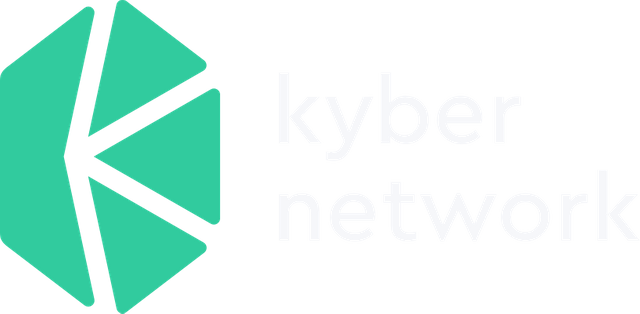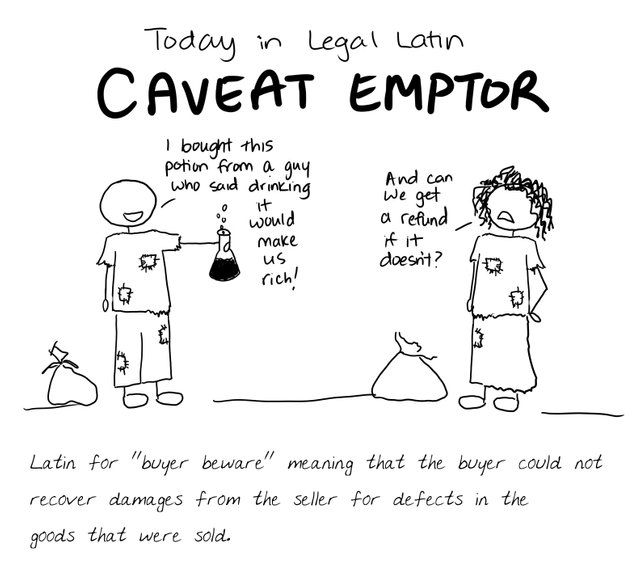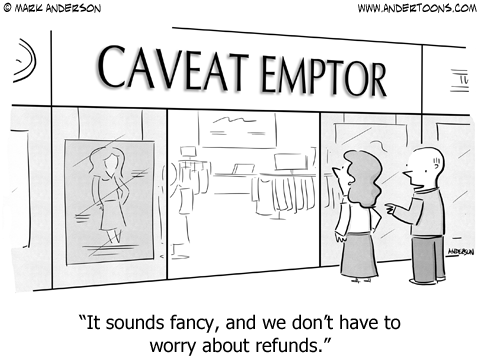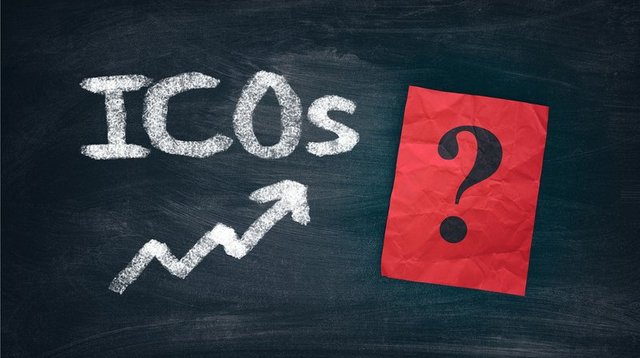Differences in Approaches for Investing on ICOs; Kyber Network and East and West Reporting Procedures
Hello and thanks for taking the time to read this! I hope this post is beneficial to you.
For my Ethics class last semester I decided to dive into the company structure of a company created through the ICO process. Due to my following of Kyber Network since their start (circa Sept 2017), I decided to research for my class term paper assignment, 'how would an employee working for a company that was created through an ICO report fraud?' This would also allow me to clear some questions I had that came about as a result of taking the Ethics class and learning how important the role of a board of directors is for a company. The idea behind a board of directors is its supposed to keep a company's top management and decision making in check (accountable). To prevent management from outright making bad decisions (Whether or not boards effectively prevent this is a topic for another post/discussion).
If this post gets enough interest, comment below and I can put my full paper on google docs (and edit this post with the link to it) for anyone to see, or let me know your email below, so I can send it to you. (JUST DO NOT USE IT FOR PLAGIARIZING)

(Image from Kyber Network's Website)
I don't have any reason to believe Kyber Network has committed any fraud. Rather below I have decided to post a summary of the findings of my paper. One of the findings that most caught my attention is that there are stark differences between the investing philosophies in the U.S and Singapore. This intrigued me very much because I think (and this is subject to change, should I learn otherwise) that the investing philosophy in Latin America is similar to that of Singapore as well.

(Cartoon from nybarpicturebook.com)
That is the burden of due diligence, the verification of claims made by the seller, and of goods being sold rely on the buyer rather than the seller. In brief, the U.S through the SEC (Securities and Exchange Commission) and other U.S laws place a higher responsibility for the seller to completely disclose what he or she is selling. I think this approach of requiring the seller to disclose what he or she is selling is a great one, as this brings the consumer the information necessary to make an informed decision. Information which may not be readily available, but with the responsibility placed on the seller to disclose and in not doing so could result in big trouble. Exhibit A!
I don't know about you, but I wouldn't want trouble with the SEC However, many may disagree and the unfortunate reality is that other countries either through regulation or through the authorities in their regulating body favor the caveat emptor approach. (where the buyer alone is responsible for examining and verifying whatever he or she is purchasing)
Purpose and Importance
The purpose of this research paper is to address the question of how would accountants that work for a company that raised its funds through an Initial Coin Offering report financial abuse or fraud to the public? Given that companies created through this process are relatively new and there may be uncertainty within current employees of how to proceed if an accountant is pressured to misrepresent financial information, or if the accountant encounters funds being misused by management. The importance of this project stems from the lack of condensed and widely available information tailored specifically for ICO employees regarding the proper procedures and options employees have to abide ethically and within their responsibility (if any) to other stakeholders in case they encounter financial malfeasance.
The question will also lead to analyze what laws and regulations govern companies and its executive leadership created through the ICO model. Company creation through an ICO is rather a new development, however, fraud and funds misuse are not. Therefore, I seek to analyze and create a suggested course of action for ICO companies to use best practices and curb fraud and misreporting to the public.
Summary conclusions and Implication
This paper finds current fraud reporting procedures for companies abiding in the U.S to involve the availability of a hotline for employees to report accounting fraud protected under the provisions of the Sarbanes-Oxley Act. At the same time, this paper finds that companies created through the Initial Coin Offering process can report accounting fraud to either their local regulators and due to the fact laws differ from country to country with appropriate local or regional legal counsel or through the provision of evidence to a reputable media outlet to spark a detailed investigation of the issue.
The major implications this research paper finds are the differences between investment philosophies in Singapore and the U.S. Whereas, the U.S through its regulations and enforcing agency such as the Securities and Exchange Commission (SEC) favors a caveat venditor philosophy, where the burden of the responsibility is for the seller to provide the whole truth of what they are selling. The philosophy in Singapore is one of caveat emptor, where the responsibility falls on the investor to perform their own due diligence before deciding to buy into an investment.

(Image from DailyWisconsin.com)
In addition, this paper finds, that proper press reporting and the identification of non-financial measures can be used to detect fraud within a company even if the company is releasing publicly available financial statements. Therefore, investors should be aware that the reporting of accounting fraud depends largely on the laws and regulations of where the company is registered. The example this paper focuses on is a company known as Kyber Network and is registered in the country of Singapore and the securities laws in Singapore differ greatly than the securities laws in the U.S. With this in mind, ICO investors should first identify the country where the ICO company is registered and draw from that countries securities, accounting, and other reporting laws to possess the proper insight and analysis to make an informed decision on whether or not to purchase such an investment.
